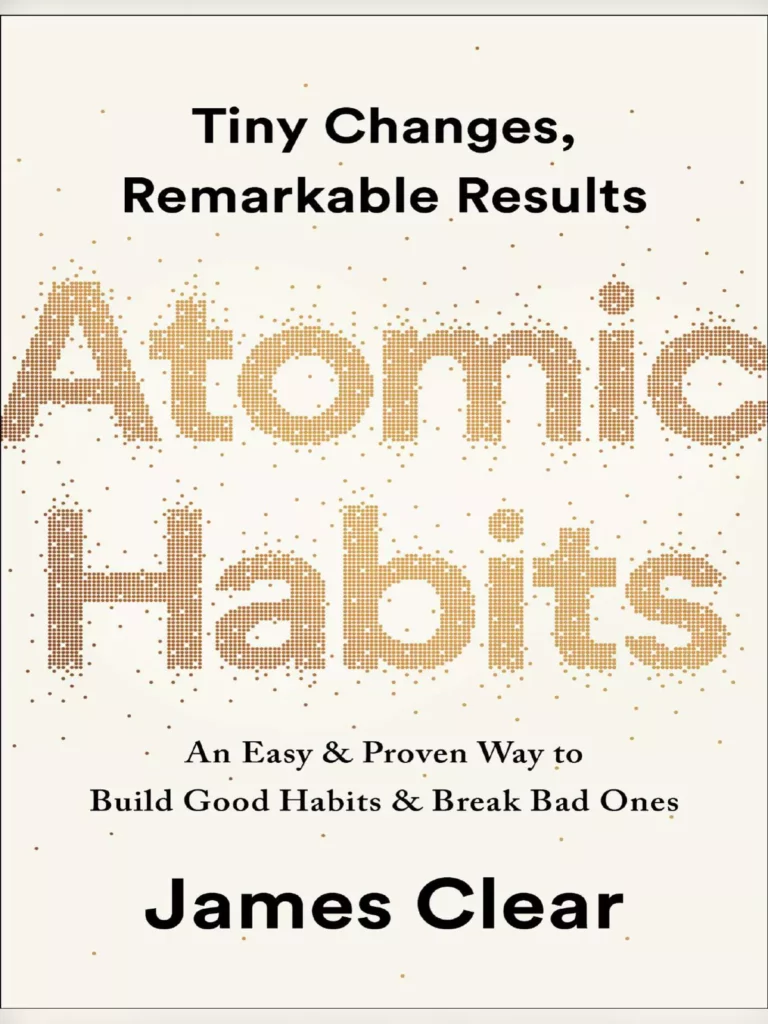Introduction
Quality Mindset. In today’s world, many of us find ourselves labeled as “smart,” “talented,” or “gifted” from a young age. While these labels might feel like a badge of honor, research shows that the way we receive praise can significantly influence our future performance. This blog explores the concept of growth mindset, the importance of effort-based feedback, and how it can shape our abilities over time.
The Core Idea: What is a Growth Mindset?
A growth mindset is the belief that abilities can improve with time, effort, and learning. It challenges the idea that talents are fixed. The beauty of this mindset is that it encourages us to reflect on both our strengths and weaknesses while emphasizing the importance of persistence and hard work over innate talent.
Reflection Questions: Evaluating Your Strengths and Weaknesses
To develop a growth mindset, ask yourself these critical questions:
– What have I been told I’m really good at?
– What have I been told I’m not good at?
What do I personally believe I’m good at or bad at?
By reflecting on these questions, you start to see patterns—whether you excelled naturally at something or improved through effort, or perhaps gave up because of early failures.
Origins of Growth Mindset: A Study That Changed Everything
A key piece of research from Dr. Carol Dweck’s lab introduced the world to the concept of growth mindset. The study examined how different types of feedback—praise for intelligence versus praise for effort—affect performance.
Intelligence Praise: Telling someone they are “smart” or “talented” ties their success to identity-based labels.
-Effort Praise: Complimenting someone for “trying hard” or “persisting” emphasizes the value of effort and resilience.
Surprisingly, those who received intelligence-based praise were less likely to take on challenging tasks and were more prone to quitting when faced with difficulty. Meanwhile, individuals who received effort-based praise embraced challenges and performed better in the long run.

Why Intelligence-Based Praise Can Backfire
Here’s a twist: telling someone they are smart can *decrease* their motivation. Why? When people are praised for their intelligence, they tend to avoid difficult tasks to protect their “smart” label. They stick to what they know they can excel at to continue receiving praise. This limits their growth and learning opportunities.
In contrast, those praised for their effort are willing to tackle harder tasks, as their praise comes from trying, not just succeeding.
Key Study Findings: The Impact of Praise on Performance
The research involved giving children two types of feedback after completing problem sets:
1. Intelligence-based praise: “You’re so smart!”
2. Effort-based praise: “You worked so hard!”
After receiving feedback, the children faced another set of challenges. Those who were praised for intelligence:
– Chose easier problems to maintain their “smart” status.
– Showed a decline in performance.

Those praised for effort:
– Opted for more difficult problems.
– Showed improved performance.
This study clearly highlights that rewarding effort leads to continuous improvement, while rewarding intelligence can stunt growth.
Real-World Application: Shifting Narratives for Personal Growth
We often receive feedback from others—whether it’s from teachers, parents, or peers—that can shape how we view ourselves. But how we respond to challenges is largely influenced by our internal narrative. Do you tell yourself, “I’m not good at this” or “I just need to try harder”?
Next time you face a challenge, shift your focus:
– From: “I’m not good at this.”
– To: “I need to work harder and learn from this.”

Why Effort-Based Feedback is the Key to Success
Effort-based feedback is a tool for long-term success. It encourages you to embrace challenges, learn from mistakes, and persist through setbacks. It shifts the focus from performance to growth, fostering a mentality that promotes continuous learning and self-improvement.
Conclusion
Changing the Way We Praise Ourselves and Others
By understanding the power of effort-based praise, we can shift how we view success—not as something tied to identity, but as a result of perseverance and hard work. Whether you’re a parent, teacher, or simply working on personal development, remember: praise the process, not the outcome.
The takeaway? If you want to improve in anything, focus on the effort you put into it. This is the secret sauce behind the growth mindset and the key to unlocking your true potential.




